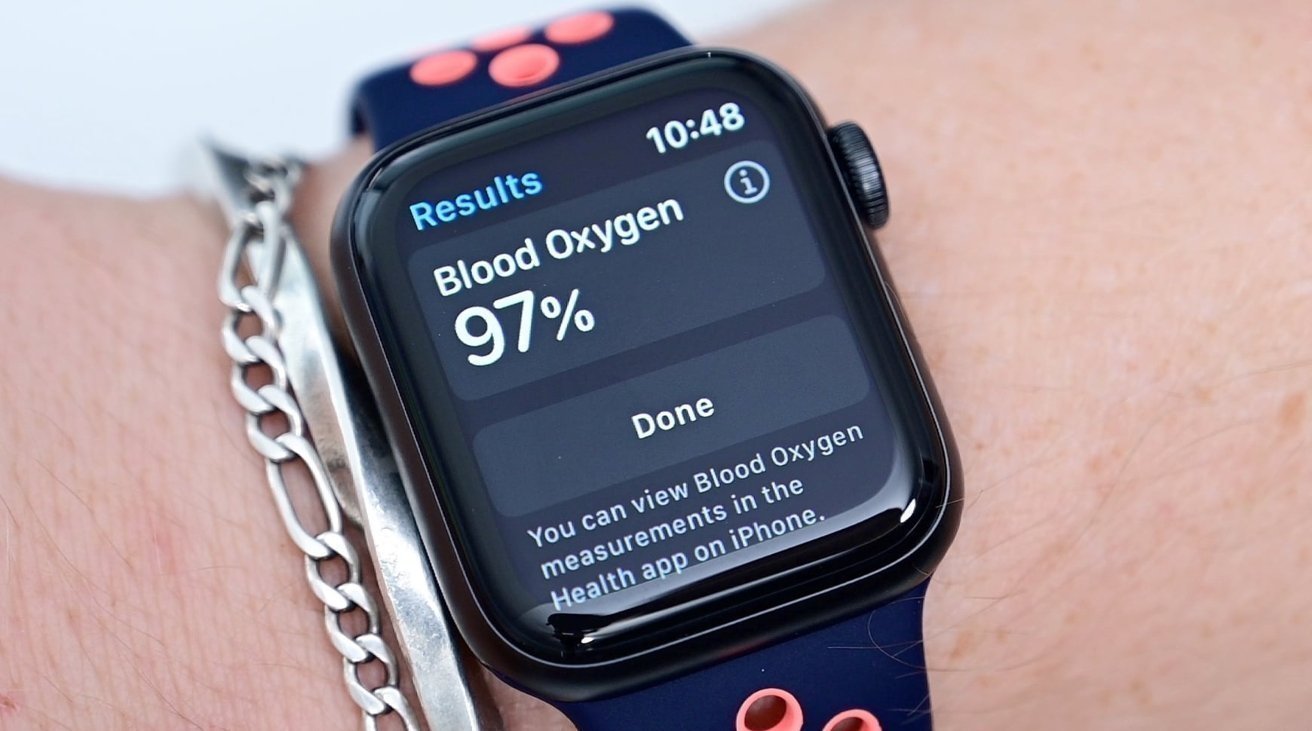The Apple Watch has been credited with helping save the life of an airline passenger, using the legally-troubled blood oxygen feature.
The various features of the Apple Watch have helped people in need in various ways. However, it has rarely been used as a tool by medical professionals to help save lives in an emergency situation with very limited resources.
On a January 9 Ryanair flight to Verona, Italy from Birmingham, UK, a woman in her 70s was found to be short of breath, prompting cabin crew to search for a doctor onboard the flight. NHS doctor Rashid Riaz was on the flight and stepped in to help.
The woman reportedly had a history of heart issues, according to the BBC, and did not immediately respond to the doctor’s queries.
As part of his efforts, Dr Riaz used an Apple Watch borrowed from the crew to try and monitor her vitals. “The Apple Watch helped me to find out the patient had low oxygen saturation,” he explained.
An onboard oxygen cylinder was then used on the woman until the plane landed in Italy an hour later. The passenger recovered quickly before disembarking aided by medical staff.
“I used a lot of my own learning during this flight on how to use the gadget,” Dr. Riaz commented. “It is a lesson in how we can improve in-flight journeys [with] this sort of emergency [via] a basic gadget which nowadays is easily available.”
The blood oxygen capabilities of the Apple Watch have been at the heart of a patent infringement lawsuit and a sales ban in the United States, with Apple removing the function in the country to try and appease the courts.
Joe Kiani, the CEO of Masimo who contends Apple infringes on his company’s patents, said in an interview on January 18 that Apple is “masquerading what they are offering to consumers as a reliable, medical pulse oximeter, even though it’s not.” Kiani maintains “I really feel wholeheartedly that consumers are better off without it.”


